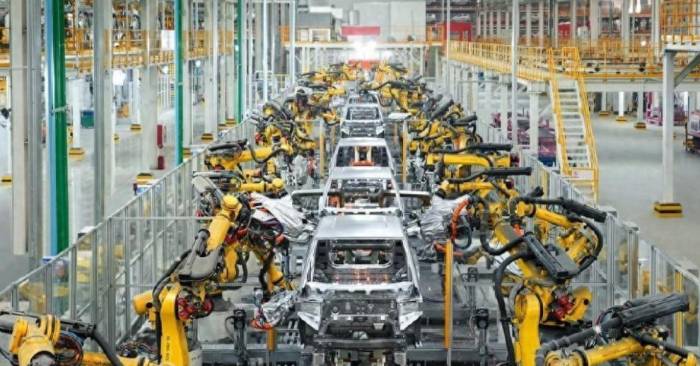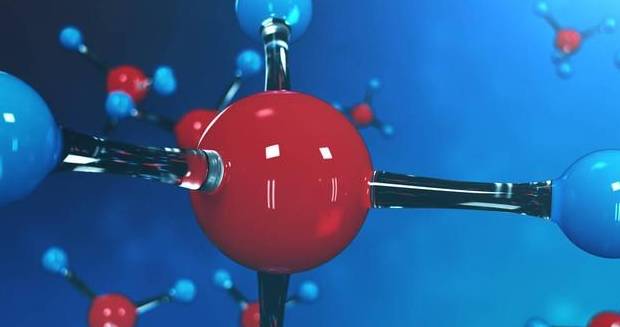The common netizens' view that Japan's hydrogen energy vehicle route has not been followed by countries around the world is incorrect.
Some netizens believe that Japan's hydrogen energy vehicle route has been abandoned by major global automobile manufacturing countries because Japan controls 70% of the patents for hydrogen energy vehicles. Under such circumstances, if major automobile manufacturing countries develop hydrogen energy vehicles, they would have to pay a large amount of patent fees to Japan every year. As a result, major automobile manufacturing countries would completely become Japan's "working slaves". To avoid becoming Japan's "working slaves", that's why they have not fundamentally followed the hydrogen energy route.
For this kind of statement, I can only say that it has a certain logic, but the reason why major automobile manufacturing countries have not followed the development of hydrogen energy vehicles is not this, but there are other considerations.
Developing electric power vehicles is more economical than developing hydrogen energy vehicles.
Firstly, electric power is popular in countries around the world, and countries around the world have already had the foundation of electric power. As a result, electric power vehicles can be used normally in any country in the world without the need for further large-scale investment. In this way, it is easier to popularize electric energy vehicles globally than to popularize hydrogen energy vehicles. After all, popularizing hydrogen energy vehicles requires the construction of new hydrogen energy factories and transportation supporting services, which requires a very large economic cost.
Secondly, there is a huge waste phenomenon in the power facilities of various countries. The waste rate of power facilities in any country in the world will not be lower than 25%, and it will reach 40% if it is high. There is no need to feel strange about this phenomenon, because we all work during the day and sleep at night. As a result, the power facilities built by various countries are only in high utilization during the day, and the utilization rate of these facilities will drop sharply at night.
Developing electric energy vehicles can just make up for this deficiency, because most car owners charge electric energy vehicles at night. When electric energy vehicles are widely popularized, the idle electricity of major power plants at night can be utilized. In this way, it can improve the economic benefits of power plants, shorten the recovery time of society's investment in power facilities, and accelerate the turnover rate of capital in society, which is very beneficial for enhancing the vitality of the social economy and promoting the economic growth of society.Electric energy power is more in line with the needs of the times than hydrogen energy power.
Hydrogen energy falls within the category of thermal effects in terms of usage, while electric energy falls within the category of magnetic effects. Both thermal and magnetic effect energies are important for humanity, and these two types of energies can be converted into each other. However, magnetic effect energy is more closely aligned with the current era's demands.
We are currently living in the age of electromagnetic forces, which have permeated every aspect of our daily lives and work. It can be said that the world today is dominated by electromagnetic forces, and all of us carry out our activities surrounded by these forces every day.
When it comes to choosing between developing electric vehicles and hydrogen vehicles, I personally believe that developing electric vehicles would better integrate into the current human activity system, especially in terms of future integration with artificial intelligence. Electric vehicles have more advantages over hydrogen vehicles in this regard.
Japan has chosen the wrong direction, and its future is not bright.
Japan's choice to develop hydrogen vehicles may be in line with its national conditions, but it deviates from the trend of this era, which will inevitably have a significant impact on its national fortune.
The automotive industry is a crucial economic pillar for Japan and an important export product. If Japanese cars lose their global competitiveness, it would be a huge blow to their foreign trade exports and would also cause a severe impact on their economy.






























Add your perspective